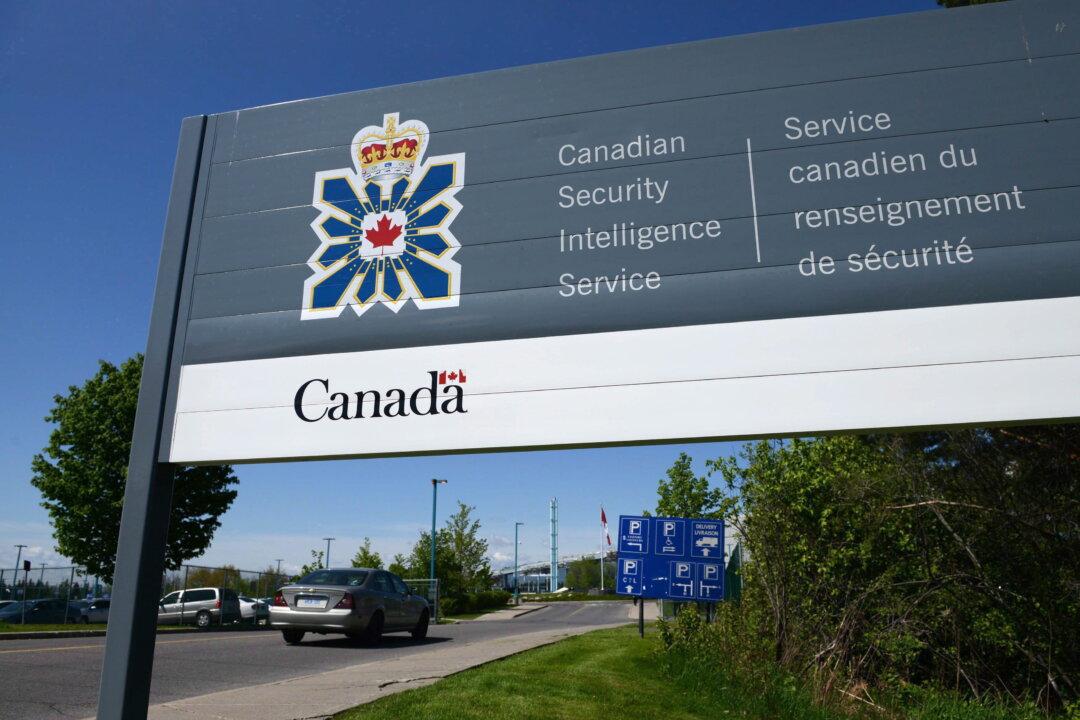Tens of thousands of public servants and contractors file paperwork every year requesting security clearance to gain access to classified information but only a tiny fraction are ever rejected, according to records.
The Epoch Times analyzed figures from federal entities reported in an Inquiry of Ministry on May 15.





